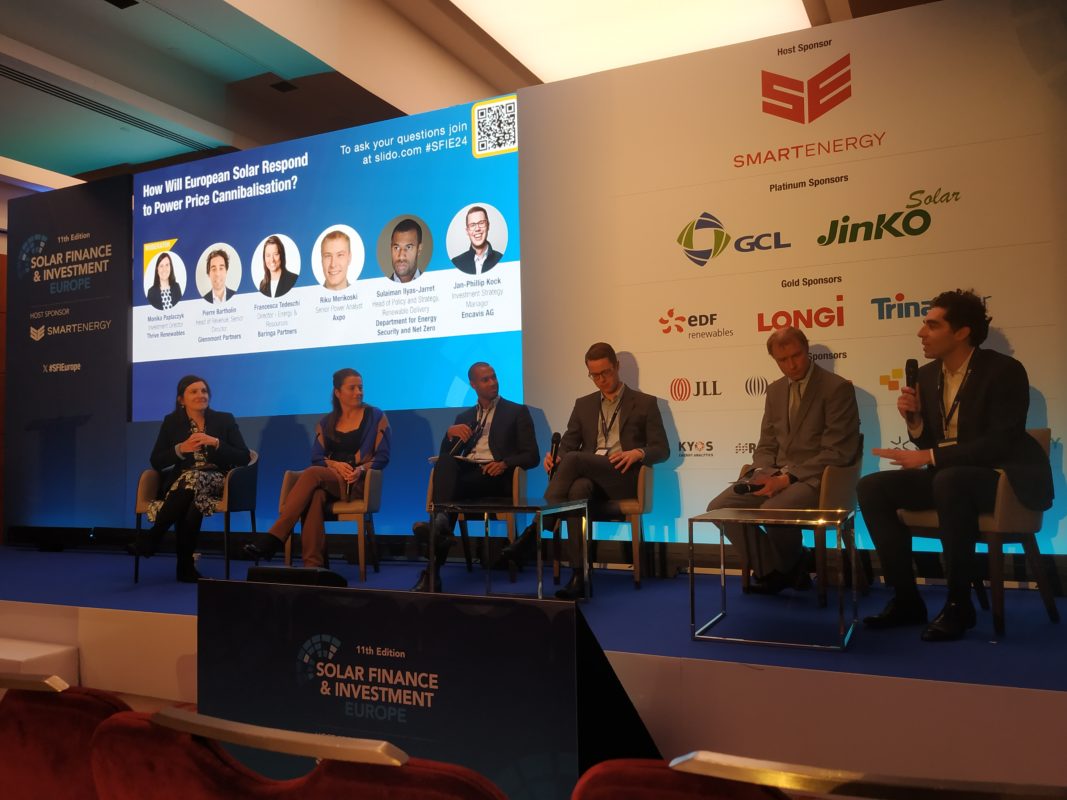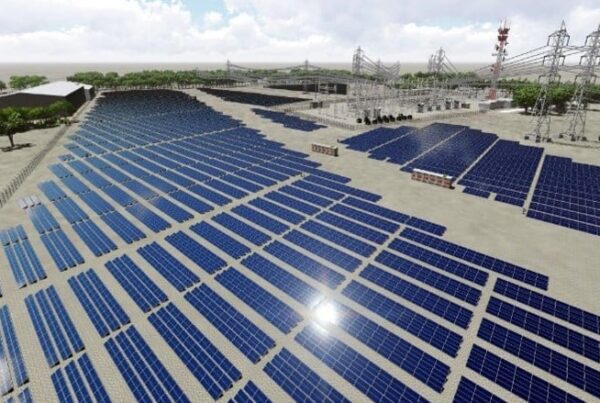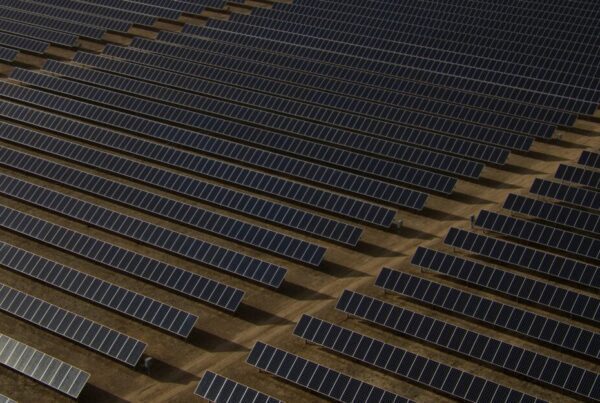
The Institute for Energy Research (IER) has published figures on the capture rate of European markets, a measure, as a percentage, of how much money a producer can make from selling electricity. The IER estimates that Germany, Europe’s top solar producer, recorded a capture rate of 94% in 2023, but warns that this could fall to 80% by 2026 and less than 50% by 2029.
“The solar capacity grows much faster than the system’s ability to take it in,” said Riku Merikoski, a senior power analyst at Axpo, and one of the panellists, who pointed to a lack of effective grid infrastructure as a key contributor to this phenomenon.
“I think this will get much worse, and I think some of us will get wiped out because of cannibalisation,” Merikoski added, suggesting that a lack of financial viability for the power generated by renewable projects could pose an existential threat to the solar sector. “I’m quite certain about that, and it’s a maturing of the industry.”
This latter point was echoed by several other panellists, who suggested that such a challenge is to be expected in a sector where the capacity for renewable power generation has increased much faster than the legacy grid and storage infrastructure needed to manage this power.
“It’s definitely something [where, in] long term, you’re a victim of your own success,” said Sulaiman Ilyas-Jarret of the UK Department for Energy Security and Net Zero, and another speaker. “In policy, we think about it in terms of the impact of our support schemes on price cannibalisation, and how we can improve the quality of our support schemes.”
“We’re trying to make the contracts for difference (CfD) more flexible and more dynamic, and not undermine the key benefit of the CfD, which is stability,” Ilyas-Jarret added, pointing to the success of government support schemes in the UK energy sector in particular, and how the government is aiming to continue this success, despite the risk of cannibalisation.
“It forces us, as an industry, to think about what we want to be,” said Jan-Phillip Kock, investment strategy manager for Encavis AG and another panellist, who suggested that the challenge of price cannibalisation has created an opportunity for the European power sector, which can now focus on issues of financial viability and balancing supply and demand, rather than simply expanding capacity for its own sake.






